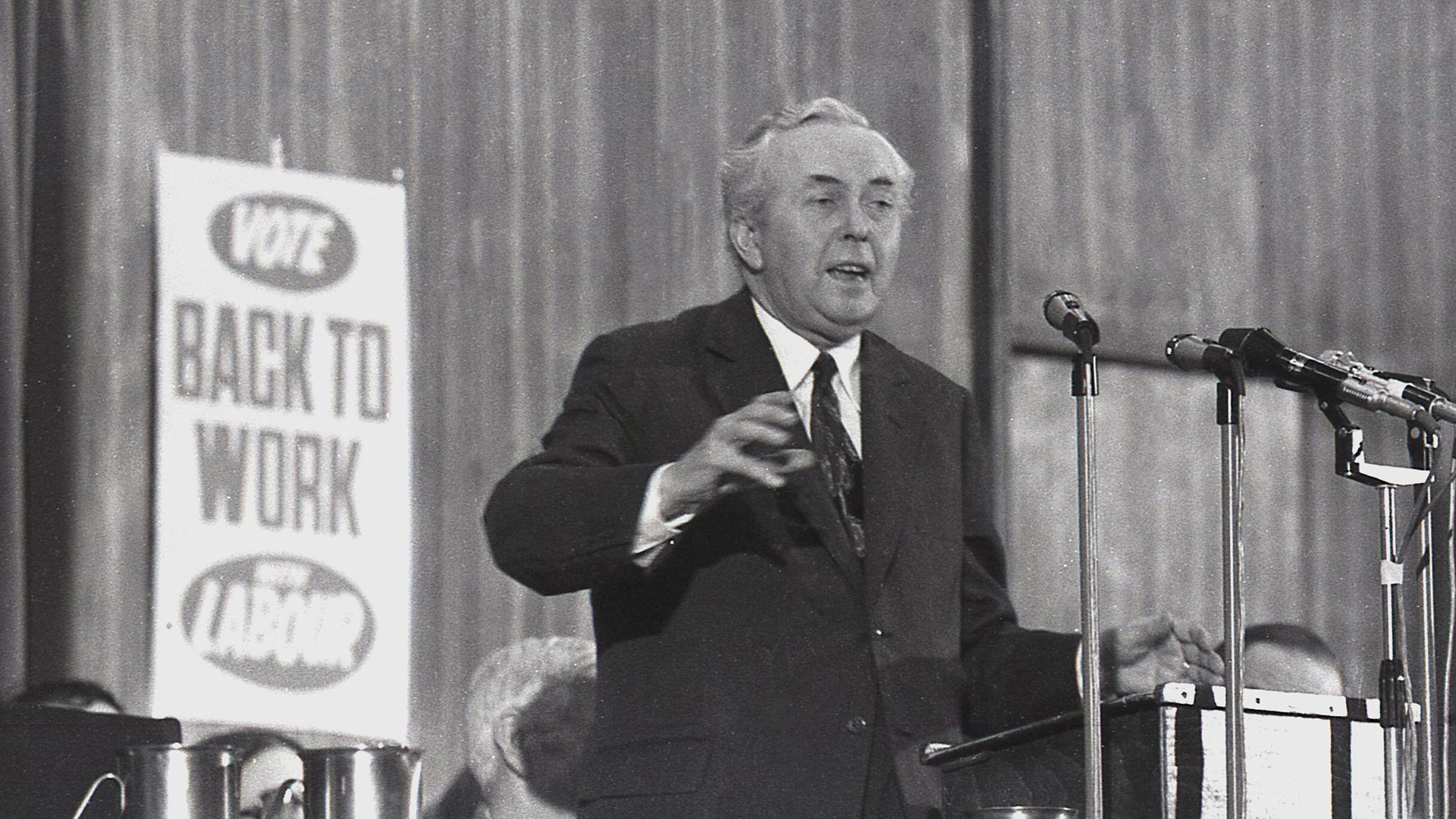Next year, election year, will be the 60th anniversary of Harold Wilson’s rather partial triumph with his four-seat majority Labour government of 1964. He had to go back to the country for a second election 18 months later, which gave him the majority that saw him through to defeat in 1970 at the hands of an astonished Edward Heath.
Polls – a warning here – are not always a guide to voting patterns. So 60 years later we are facing the chance of a revitalised Labour opposition preparing for power, and getting it. There is as much buzz around Keir Starmer as the potential new prime minister as there was about Harold Wilson in 1963. Wilson had taken over after the sudden death of Hugh Gaitskell who was considered prime ministerial even though he never took power. Gaitskell seemed to be a safe pair of hands, with just enough of the ruling class about him to convince the middle- and working-class voters that he could do the job.
There is always the idea that you need the middle classes and the upper middle class running the Parliamentary Labour Party as a kind of insurance policy that they wouldn’t make a Labour government too workerish. That is, driven by the trade unions. And it has always proved a remarkable fact that, with some rare exceptions, Oxbridge always gets to win the day in British political leadership.
Get the latest news and insight into how the Big Issue magazine is made by signing up for the Inside Big Issue newsletter
Old Oxonian Wilson was an aspirant and a real reformer, his administrations bringing in the ending of the death penalty, the partial legalisation of homosexuality, the Open University and, among other things, an unrealised commitment to modernise British industry. To create a skilled working class, skilling workers away from poverty. Not by increasing benefits do you get out of poverty, ran his argument, but by education and better jobs that are not all manual, tapping into the natural genius of the working classes.
Alas the 1960s UK economy was, in many ways, largely Edwardian and Victorian. As a personal example (sorry – an anecdote): when I worked for the state-owned British Leyland in a truck and bus-making factory in the mid ’60s, I was working on a radial drill and universal mill that had been commissioned before the First World War.






